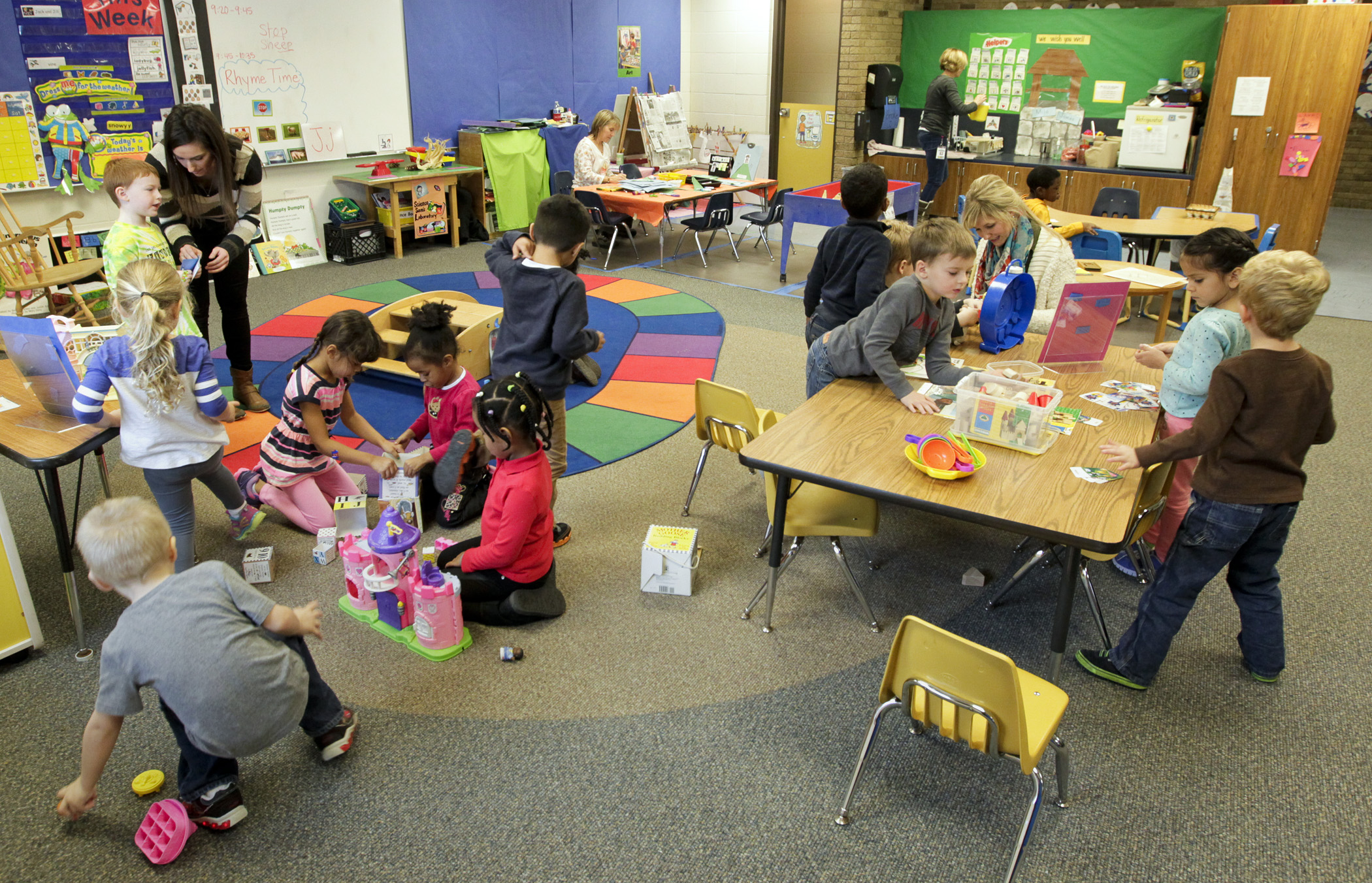Lawmaker seeks to boost program that delivers small grants with a big impact to child care facilities

A child care provider in Mountain Iron needs $600 to repair a refrigerator that’s a few degrees too warm. A provider in Duluth seeks a little help to add tile flooring as a healthier alternative to carpet stained with food and other ground-up material.
These are the kinds of small operational costs that can fall through the funding cracks yet play a crucial role in helping child care and early education facilities keep their doors open.
A bill laid over by the House Children and Families Finance and Policy Committee Tuesday seeks $18 million to fund a facility revitalization grant program that’s been working to help providers with these issues since 2021, while also helping increase the availability of child care.
Sponsored by Rep. Liz Lee (DFL-St. Paul), HF3699 would make that onetime appropriation from the General Fund in fiscal year 2025. Lee said that money would be enough to continue the “very successful program” for another three years, adding that it has helped Minnesota child care centers enroll 7,000 new students since it began.
“While we’ve heard many proposals for how the [budget] target in this committee could be used to reinvest in our state, this revitalization program would, arguably, give the state one of its best returns on investment,” she said.
The program began in 2021 when the Legislature directed the Department of Human Services to allocate $22.5 million of the federal pandemic response funding the state received to child care facility revitalization grants.
The agency hired First Children’s Finance, a national nonprofit organization that works with child care businesses serving low- and moderate-income families, to administer the grants, and the money has now all been awarded.
A 2023 impact report from the organization — among a package of materials submitted to the committee in support of the bill — said the program has provided grants to 2,725 unique child care businesses impacting about 70,000 children in Minnesota. Nearly 58% of the grants went to businesses in Greater Minnesota and 69% went to family child care providers.
Lee said the average grant is $9,000 and helps bridge the financing gap for small, rural and minority-owned child care providers who often struggle to find private sector funding.
“The facility revitalization grant program has improved the safety and quality of child care settings across the state,” Lee said.
Related Articles
Search Session Daily
Advanced Search OptionsPriority Dailies
Speaker Emerita Melissa Hortman, husband killed in attack
By HPIS Staff House Speaker Emerita Melissa Hortman (DFL-Brooklyn Park) and her husband, Mark, were fatally shot in their home early Saturday morning.
Gov. Tim Walz announced the news dur...
House Speaker Emerita Melissa Hortman (DFL-Brooklyn Park) and her husband, Mark, were fatally shot in their home early Saturday morning.
Gov. Tim Walz announced the news dur...
Lawmakers deliver budget bills to governor's desk in one-day special session
By Mike Cook About that talk of needing all 21 hours left in a legislative day to complete a special session?
House members were more than up to the challenge Monday. Beginning at 10 a.m...
About that talk of needing all 21 hours left in a legislative day to complete a special session?
House members were more than up to the challenge Monday. Beginning at 10 a.m...